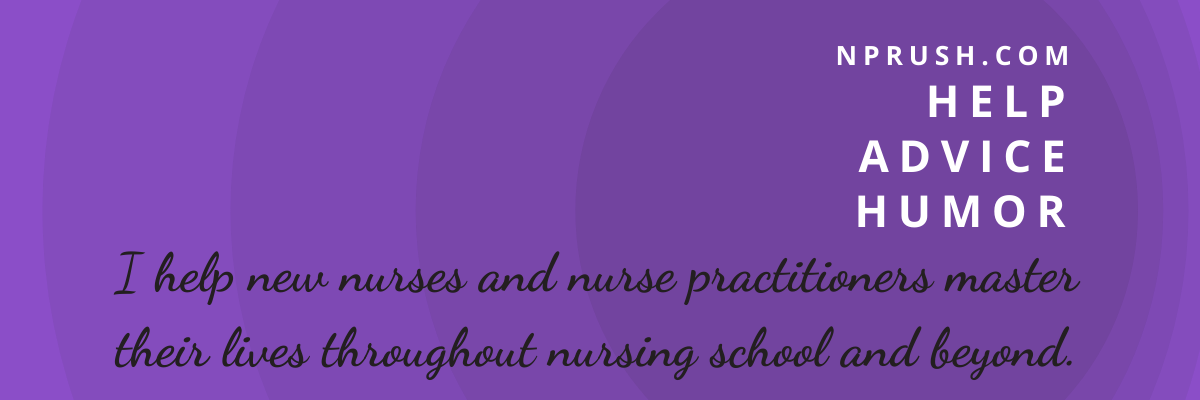5 Ways to Avoid “I don’t know”
Nurses are plummeted with questions on the daily. From patients, families, co-workers, and doctors. There’s no end. But what is a nurse to do when no answer can be found?
We all know that the most common patient/family questions we face are:
- When can I see the doctor?
- When will my test results be back?
- When can I have meds or eat/walk again?
- When can I have visitors?
- Are you married? Why did you become a nurse?
- When the doctor said ____ , what did she mean?
These are all questions we often don’t have complete answers for. But that’s okay. Here are some ways to approach questions you don’t have the answers for . . . without ever having to say “I don’t know.”
1. Ask for clarification
We know this already, but when someone asks a question and we’re clueless, the best initial approach is to ask for clarification. Ask them to repeat the question or summarize their question back to them and ask to be corrected if your summary has holes in it.
Asking for clarification can also help the asker understand exactly what they are inquiring about and allow them to be more specific about what they’re asking. This may lead to a question you do have the answer for.
Try this: “I want to be sure I understand what you’re asking. Can you tell more about what you meant when you said I don’t think the test results are right? I want to know your specific concerns.”
2. This is what I do know
Start by acknowledging the question. Then move on to what you do know about the subject at hand. Use your resources, use your experiences, use your knowledge to share–even it’s not complete–what you do know.
Altogether, it might sound something like this: “That’s a great question. I can’t speak to your brother-in-law’s experience, but what I can tell about this procedure is ____ . I would be happy to find out more information and get back to you. And I will definitely let Dr. XYZ know you have questions, she’s a great resource.”
3. This is what I can do right now
When the time comes and you don’t have a clue, you still don’t have to say “I don’t know.” I recommend avoiding the phrase altogether. Besides people don’t like to hear what you don’t know or what you can’t do for them. They want to know what you CAN do for them.
It would sound like this: “Those are important questions. What I can do right now is help you find reliable online resources. I’ll also let the nurse practitioner (or doctor or dietitian or whoever) know that you have questions. When is a good time to meet with them?”

4. Discuss the concern inside the question
Sometimes patients and their families just want to talk about the subject at hand vs hearing some detailed answer to their question. Here’s where your nursing EQ (emotional quotient) will come in. Listen for the questions or concerns behind the question and discuss that instead.
It may sound like this: “When you ask how many people have survived this type of surgery, that’s an important question and Dr. XYZ will have the numbers you’re looking for. But I wonder if there’s not more to that question. What are your feelings about the surgery?”
5. Listen
Often questions come and all the patient really needs is for someone to listen. Don’t be too quick to formulate a response or an answer. Sometimes when you let people talk about the issue, they talk themselves into the answer. All you need to supply is the compassion and care.
Try this: “I’m sorry you’re facing this right now. Tell me more about what you were just saying.” or “Go ahead, I’m listening.” or “I’m right here. Tell me more.”
You’re a nurse. You have answers. But for those moments when you need more than a “yes” or “no” or more than a well-reasoned explanation, follow the tips above. You’ve got so much more to say than “I don’t know.”
Cheers!






